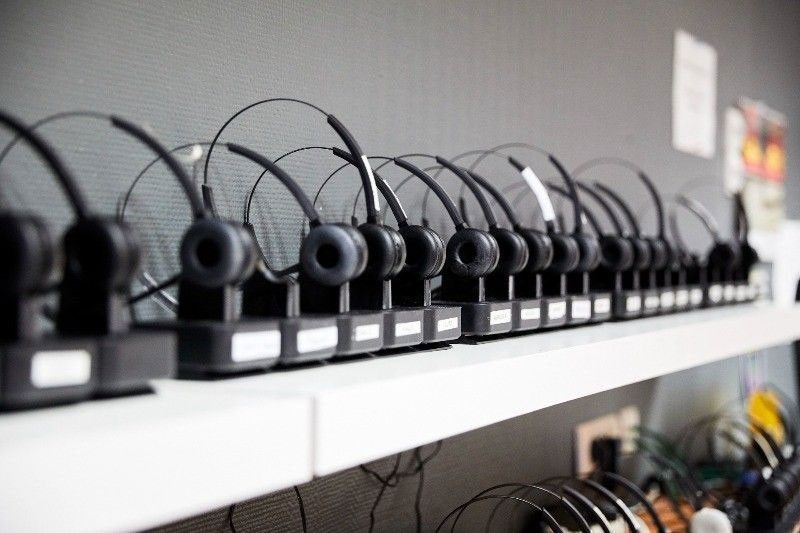PEZA sets deadline for onsite return to work

MANILA, Philippines — The Philippine Economic Zone Authority (PEZA) is urging Information Technology-Business Process Outsourcing (IT-BPO) companies registered with the investments promotion agency to comply with the order of the Fiscal Incentives Review Board (FIRB) to return to onsite work starting April 1 to avoid penalties.
In a statement, PEZA director general Charito Plaza appealed anew to IT-BPOs registered with the agency to adhere to FIRB’s directive to return to office by April 1, to avoid penalties under governing laws.
Under the PEZA law, all companies registered with the investment promotions agency have to operate within the ecozones for them to enjoy tax incentives from the government.
Section 2, Rule 22 of the implementing rules and regulations of the Corporate Recovery and Tax Incentives for Enterprises (CREATE) Act provides that any violation of the law as well as related revenue regulations, orders or issuances of the government shall result in revocation or suspension of the incentives or business closure of registered business enterprises.
The FIRB issued a resolution allowing PEZA-registered IT-BPO firms to implement the work-from-home (WFH) arrangement for up to 90 percent of the workforce without affecting their incentives only until March 31 of this year.
PEZA proposed to extend the WFH arrangement until September this year – the period by which the declaration of the state of calamity would be valid – but the request was denied by the FIRB.
“The allowance of the 90:10 WFH (work-from-home) set-up was just a temporary measure during the pandemic. Now that we’re reopening the economy, we’re going back to the regular ratio required of registered business enterprises inside the ecozones,” Plaza said.
“We are supportive of the proposal of the IT and Business Process Association of the Philippines (IBPAP) to implement hybrid work scheme for the IT-BPO sector, and we hear the concerns of our investors and their individual workers affected by this order. However, we need to follow the regulations as mandated by the law,” she said.
A hybrid work scheme involves employees working both onsite and in other locations including the home.
Trade Secretary Ramon Lopez earlier reiterated the requirement for PEZA-registered enterprises to operate within economic zones, as provided under existing laws.
On the reports of the inclusion of the 50-50 WFH arrangement under the Strategic Investment Priority Plan, which identifies the activities eligible for incentives under the CREATE Act, he said there is no such arrangement in the law.
“Thus, the SIPP cannot allow what is not allowed under the law,” he said.
Plaza said the PEZA cannot change the allowed ratio for WFH unless the laws would be amended to incorporate the adaptation of the hybrid schemes.
“In the future, we hope to follow the practice of India and the other countries, and provide a specific ratio on WFH and onsite work arrangements,” she said.
She said the PEZA supports the implementation of a hybrid work scheme, as the pandemic has shown it is effective.
“What we can do is to recommend this for the next administration to address. As of now, we have to abide by the existing laws and the decision of the FIRB and help to put the economy back to normal,” she said.
IBPAP president and CEO Jack Madrid said the industry would want to implement a hybrid work model over the long term.
“We support the need to fully reopen the economy. But as IT-BPM (information technology - business process management) employees have an overwhelming preference for a balanced, hybrid work arrangement, we are working with our government partners to provide the industry a smooth transition to onsite operations towards a WFH or hybrid model in the longer term,” he said.
- Latest
- Trending


























